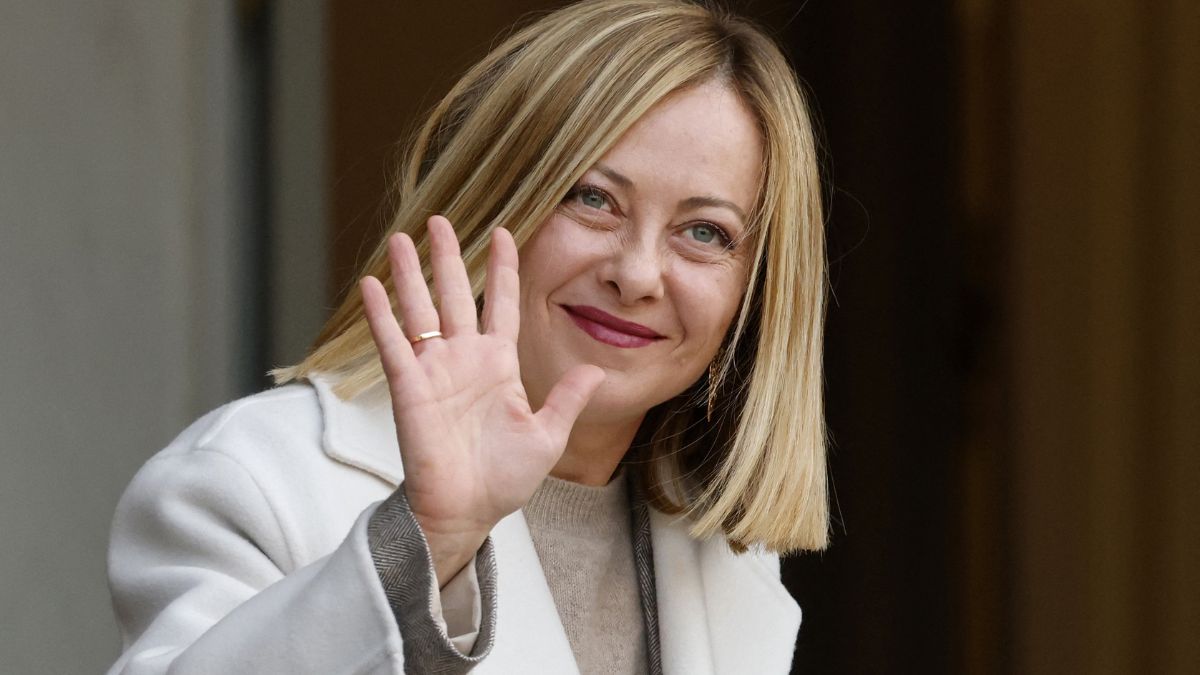Italy’s Prime Minister, Giorgia Meloni, is set to meet US President Donald Trump in Washington this week, becoming the latest European leader to seek influence in a White House increasingly at odds with the European Union. But her visit is attracting more scrutiny than most.
Meloni’s far-right credentials and her history of warm ties with Trump — she was the only European leader to attend his 2025 inauguration — have heightened speculation that she may prioritise Italy’s national interests over a united European front.
The meeting comes as the EU struggles to respond to Trump’s threat of sweeping new tariffs on European goods, which could hit industries from wine to machinery.
While some officials have welcomed her visit as a chance to mediate, others are wary. “This is the moment of truth for our prime minister,” The New York Times quoted Carlo Calenda, a former Italian minister and opposition figure, as saying. “We will see whether she is a leader that keeps the European front united, or if she will give in to the flattery of the US president.”
Meloni’s allies insist she will act as a facilitator between Brussels and Washington. Italy’s industry minister, Adolfo Urso, emphasised the strength of both the transatlantic relationship and what he called a “personal connection” between the two leaders. Still, the stakes are high. Meloni is the first European leader to have a meeting with Trump. Top EU officials have struggled to get face time with Trump— European Commission President Ursula von der Leyen has yet to secure a call.
Impact Shorts
More ShortsMeloni, who has previously criticised Trump’s tariffs as “wrong”, has aligned with the EU on some key votes, including retaliatory measures in response to earlier US levies. But she has also carved out her own space on the right, defending controversial US figures like JD Vance and calling for the EU to avoid escalating the trade dispute.
Her tactics may soon face its biggest test. “Italy will find out how much it can claim a special relationship with the United States,” said Giovanni Orsina, a political analyst in Rome. “And it may be an important [moment] for Europe, too.”
)